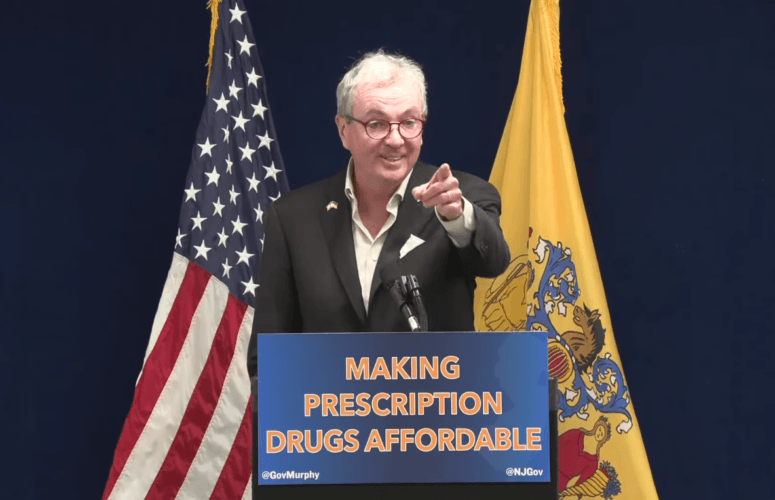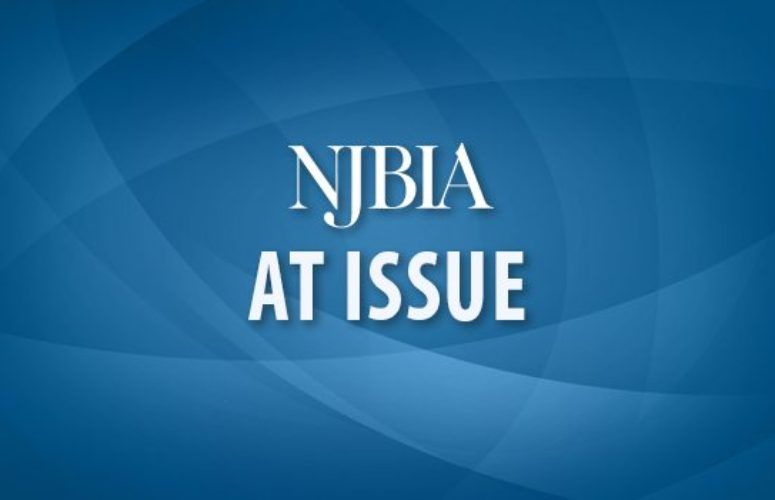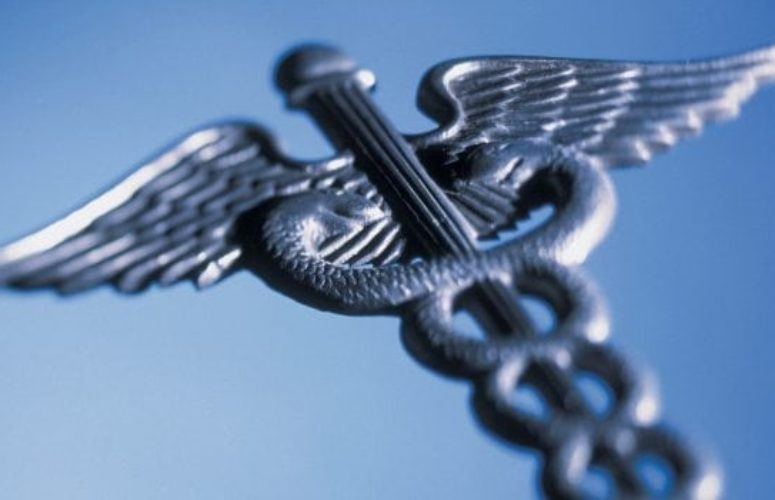
Murphy Signs 3 Bills to Lower Drug Costs
By Jim Pytell, Managing Editor On Jul 10, 2023Gov. Phil Murphy today signed three bills that aim to lower the costs of prescription drugs and increase oversight across the pharmaceutical supply chain.
“Americans pay more for prescription drugs than anyone else,” Murphy said. “With these three laws in place, millions of New Jerseyans will feel the effects on their pocket books. In the short term, through immediate consumer relief, and in the long term, as we build the foundation for transparency and accountability into the system.”
The legislation includes (bill S-1614) capping the out of pocket costs for insulin, EpiPens, and asthma inhalers, with one month’s worth of insulin to be capped at $35; EpiPens at $25; and inhalers at $50.
These caps will apply to anyone on a state regulated health plan or a public employee health plan.
The two additional bills focus on increased transparency across the prescription drug supply chain. One (A-536/2841) will strengthen oversight of pharmacy benefit managers – the third party companies that manage many prescription drug plans.
According to Murphy, the aim is to eliminate bad business practices that drive up costs like “spread pricing,” where pharmacy benefit managers charge health plans more for a medication than what they pay the pharmacy for.
These third-party companies will also be required to apply for a license with the Department of Banking and Insurance.
“For too long, this part of the prescription drug supply chain has operated in the dark,” Murphy said.
A third bill (S-1615) includes creating a comprehensive reporting system for drug companies.
Companies will have to report price increases and high launch prices along with other data that will allow the state to monitor and report trends to keep the public informed.
Murphy said that other states that have enacted similar drug transparency programs saw major declines in the number of drugs with big price increases.
The governor said that, additionally, a Drug Affordability Council will formulate legislative and regulatory policy recommendations based on the collected data with the goal of increasing drug affordability and accessibility.
“NJBIA can appreciate the intent of these bills signed today, as we continuously advocate for high-quality, cost-effective healthcare for businesses throughout the state,” said NJBIA President & CEO Michele Siekerka in a statement. “The pharmaceutical industry, however, plays a major part in New Jersey’s economy. And the pricing of healthcare is much more complex than setting a mechanism to establish price controls for one segment of a multi-level healthcare sector.”
“By setting data reporting requirements and establishing a council that presumes to control these costs, we have concerns these provisions will send a message to R&D companies that New Jersey is not the best state to invest in,” she continued. “For the good of New Jersey’s economy, we should make sure we’re not inhibiting private investment and research from the pharmaceutical industry.”
To access more business news, visit NJB News Now.
Related Articles:





